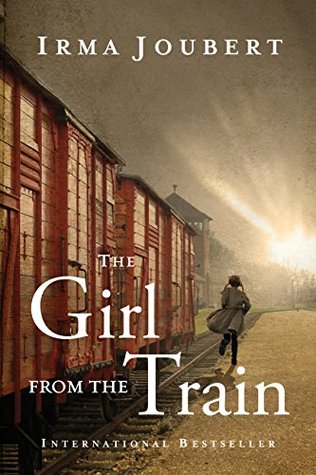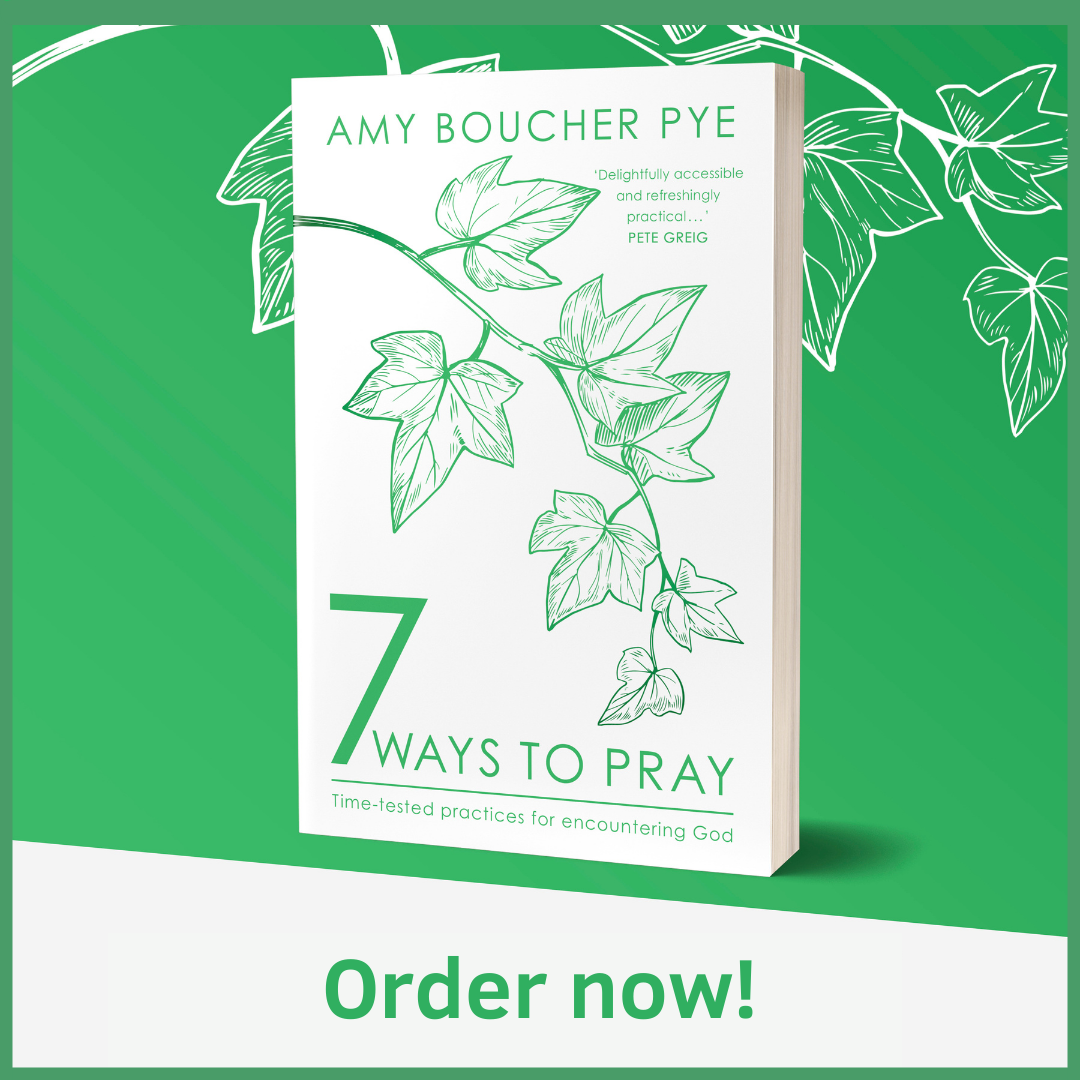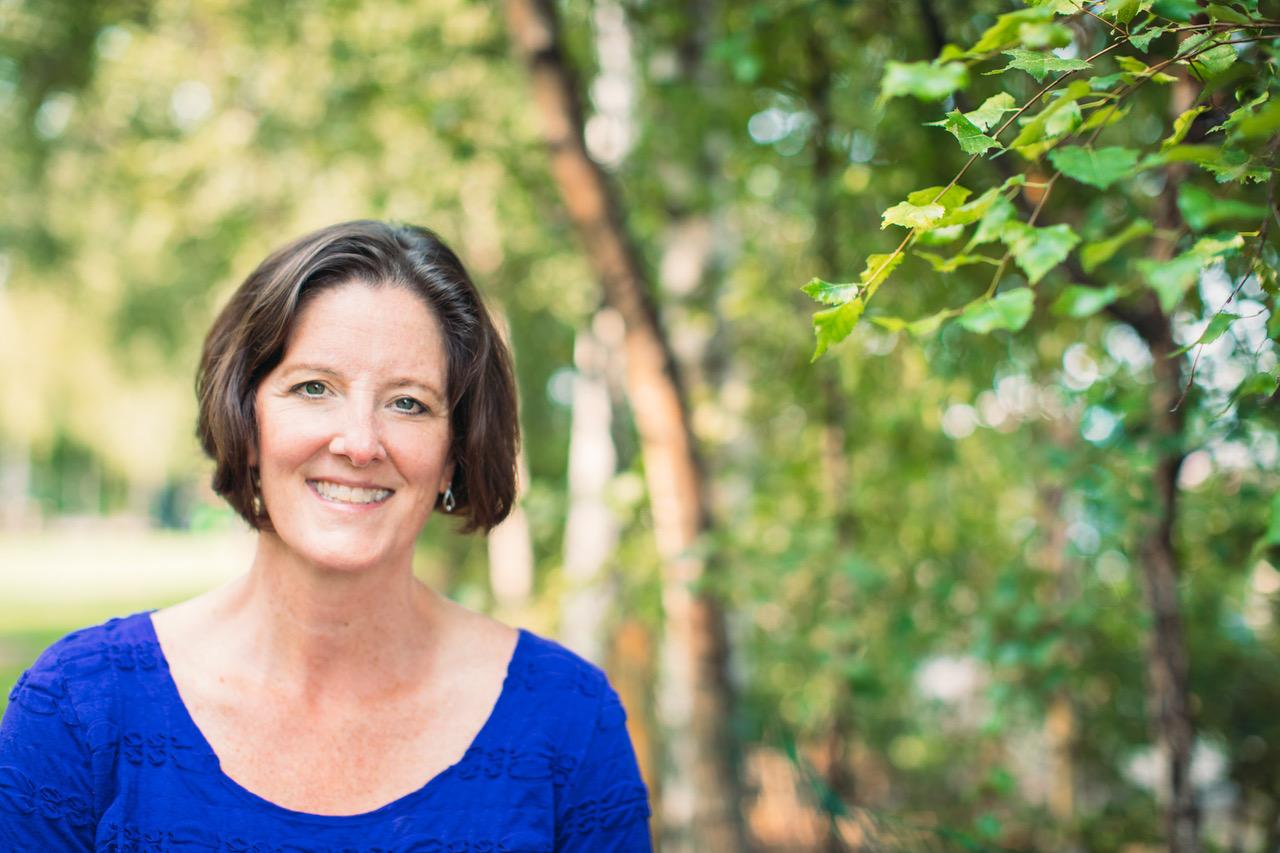Book review: The Girl from the Train by Irma Joubert

In response to a tweet wondering should she read this book, my review from Woman Alive, August 2016. (Great decluttering exercise during lockdown!)
You may know that the Woman Alive book club has an interactive presence on Facebook. At the request of readers there, I chose a fiction and nonfiction book for us to discuss, which I would then feature in the magazine. For the novel, we read The Girl from the Train (not to be confused with the wildly popular The Girl on the Train).
I’m glad I chose the novel for our discussion, not least because it took me awhile to get into the story (I knew I had to persevere!). It recounts the life of Gretl, a German girl with some Jewish ancestry who was caught in the events of the Second World War. The story follows her and her protector Jakob through their lives in Poland and eventually South Africa, weaving in themes of identity, faith, family, racism, the relationships between Christian denominations, home and love.
As readers we appreciated the window into life in South Africa. As Kathryn Price said, “I hadn’t known about the children ‘exported’ to South Africa, and found that very interesting. We don’t often hear about white South Africans, it’s usually just the apartheid situation, and it was interesting that it felt unbalanced.” Anne Shakeshaft agreed, saying, “I had no idea that South Africans had adopted German orphans.” She found it interesting “to read of the prejudice against Germans, Jews and Communists as well as other faith denominations” and found the book enjoyable but heart-wrenching in places.
The view of identity was strong for Caroline Seal, for she supports various missionary families and has thus read about “MKs (missionary kids) or TCKs (third culture kids).” She says of Gretz, “She constantly has to hide parts of who she is … you can see how she wants people to accept her so is a bit of a chameleon doing things that will please people… TCKs are also trying to get things right in the culture they live in and in their passport culture.”
Chris Vickery anticipated the ending, wishing it would have come sooner in the sense of us seeing the life of the protagonists together. I agree – why can’t more novels examine what life looks after the romance survives the hurdles? I’d love to read what “happily ever after” looks like.
I appreciated Julia Wilson’s full review of the novel, which touches on themes of belonging, one’s roots, friendship, how stress can be rooted deep within, and symbolism such as names and fire.
Published by Thomas Nelson, ISBN 978-0529102379








 Hello!
Hello! 